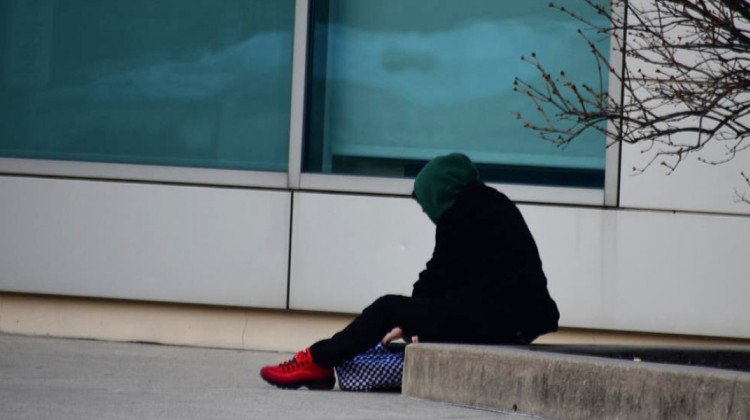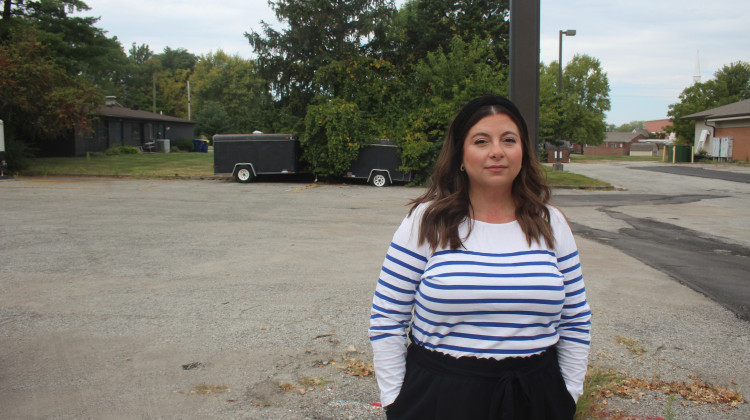
A Purdue University study find there are more decertified produce farmers in the Midwest than certified ones.
Lauren Chapman/IPB NewsGetting certified to sell organic fruit and vegetables is expensive and time consuming, but a new study shows that Midwest organic farmers are more likely to give up the certifications they worked so hard for.
According to the study by Purdue University, there are more decertified produce farmers in the Midwest than certified ones.
Purdue agriculture economist Ariana Torres co-authored the study. She says Midwest organic produce farmers don’t have as much access to urban centers where they can sell to wholesalers. Torres says traveling can be especially costly for small farmers.
Instead, Torres says these farmers tend to sell locally, where one-on-one interactions with customers are more important than a label.
“They’re building bonds with the consumers,” she says. “So they don’t need it and they’re not going to remain certified. Because it’s just an extra expense that doesn’t provide any benefit.”
Even so, Torres says most produce farmers who have decertified still use organic practices. The study shows 72 percent of produce farmers who chose to stop being certified didn't change their organic ideals.
Torres says small organic farmers who want to sell to larger markets may find it helpful to form a co-op.
As the demand for organic fruits and vegetables rises, Torres says lawmakers should focus on keeping farmers certified rather than recruiting new growers. The federal government has taken some steps to help reduce the cost of organic certification, which she says has helped.
Indiana Environmental reporting is supported by the Environmental Resilience Institute, an Indiana University Grand Challenge project developing Indiana-specific projections and informed responses to problems of environmental change.
 DONATE
DONATE








 Support WFYI. We can't do it without you.
Support WFYI. We can't do it without you.